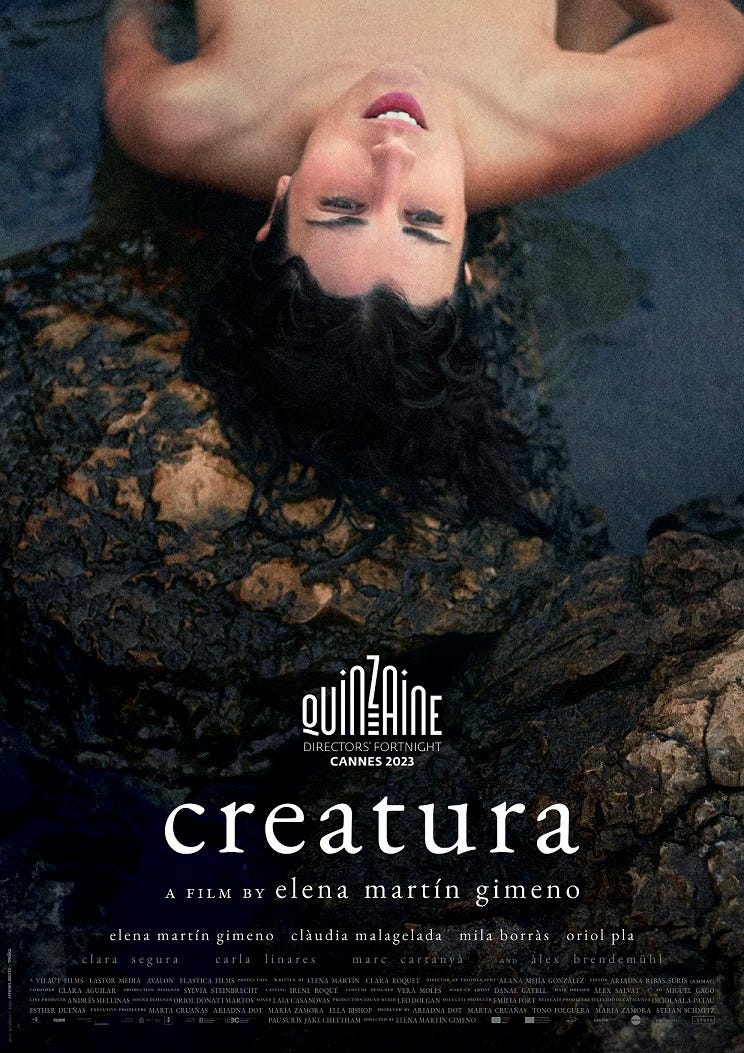Is phenomenon an antidote to fundamentalism?
Letter two | Moon two - The feminine and the sacred
Dear you,
It’s not four in the morning, but it is the end of December, and I’m writing to check in and see how you’re doing. (I couldn’t help myself—Leonard Cohen always makes his way into my winter playlists; he’s one of my favourite artists for this season.)
I enjoy Christmas, but struggle with the relentless modernity of the season—the endless marketing campaigns shoved down my throat with the turkey and all the trimmings. It’s all so at odds with the natural world outside my window, where I observe nature retreating and resting.
I try to honour my inner rhythm as best I can, which seems to mirror the slow natural show outside. It can be a challenge, often seeming to be another task to tick off the list, rather than occurring naturally as an effortless part of my daily flow.
Question: How are you doing, amidst the seasonal hullabaloo - Are you able to rest and retreat and if so how - Or maybe you don’t feel the need to do so?
Christmas time got me thinking about phenomenon1 - This celebration of the slow return of light in the deep darkness, the rituals of gathering, feasting and making the most of place and home got me pondering.
So I consulted the dictionary: A phenomenon is something that is observed to happen or exist. The word occurrence popped up several times during my research.
For the purposes of this letter I position phenomenon as meaning the opposite to rigid acts, plans or perspectives, focusing on how things reveal themselves to the consciousness. I believe it has the power and potential to challenge fixed ideals and dogma.
Which leads me to my main question for this letter: Is phenomenon an antidote to the great masculine structures of neoliberalism, capitalism and fundamentalism? Yes, I know it’s a big question, but one I believe is briefly worth pondering in the context of the feminine and the sacred.
Let’s unpack it a little - Fundamentalism (let’s put all those masculine ideologies under this one umbrella for sake of ease) relies on fixed ideals that are linear in the sense that they’re trying to get from one thing to the other, usually growth or power, they leave little room for evolving understanding or adaptation, they’re based on fixed traditions and texts, with no room for fluidity. You either abide by the rules (survival of the fittest mentality) or you don’t progress, you stay static or worse still, you become the road (or state) all others walk over in the endeavour to reach the desired end goal. Essentially fundamentalism marginalises or destroys those who do not conform.
In contrast phenomenon is dynamic and deeply intertwined with lived and cultural experiences, often woven within archetypes and mythologies. Indeed it couldn’t be more different to the static imposed ideologies mentioned above.
Question: Does phenomenon even go as far as dissolving binaries such as masculine and feminine, shapeshifting always?
I would argue that phenomenon embraces multiplicity, allowing for a broader understanding of the sacred that includes diverse expressions of the feminine, it promotes openness and preserves a sense of mystery and transcendence.
Question: How do we directly engage with phenomena?
For me it’s through the practice of immersing myself unfiltered in lived experiences, trying to embrace a sense of presence, immediate and sensory interactions with the world, for example: Making eye contact with people, transcending superficial exchanges, listening to birdsong and music, walking barefoot, looking at a tree, I then notice how this feels, tuning into physical sensations, movements, and rhythms, tastes, smells etc.
The four key ways for me to directly engage with phenomena
Ritual: Ritual offers a structured opportunity for direct experience and engagement.
Sensory Immersion: Fully experiencing sights, sounds, smells, tastes, and textures.
Meaning-Making: Infusing seemingly ordinary experiences with significance.
Flow: Losing self-consciousness in the process of doing or being.
Question: How can engaging with phenomena change anything, let alone be an antidote to fundamentalism?
Direct engagement with phenomena is transformative because it can disrupt fundamentalist norms and offer multidimensional responses to existence. Dissolving rigid patriarchal hierarchical structures, systems and boundaries that monopolise existence. On a more personal level it can connect you to humanity, nature and the rich, interconnected web of life. It encourages us to encounter the feminine and the sacred as living, evolving, and multidimensional aspects of existence.
So yes I do think phenomena can be an antidote to fundamentalism, do you?
Thank you for reading
Claire x
Postscript
This past month I was invited by a dear friend to go to the cinema to see Creatura as part of European Cinema Night, written by Elena Martín who also plays the lead role - Such a powerful film, go see it if you get a chance.
Just as a side note, so you know, I honour and feel much more of a connection to pre-christian phenomenon at this time of the year, such as the winter solstice, however, let’s not get too hung up on that, its not a christian v pagan thing, it’s simply how it presents itself to me, I don’t see any right or wrong way though, they’re all just ways to get us to feel something.





